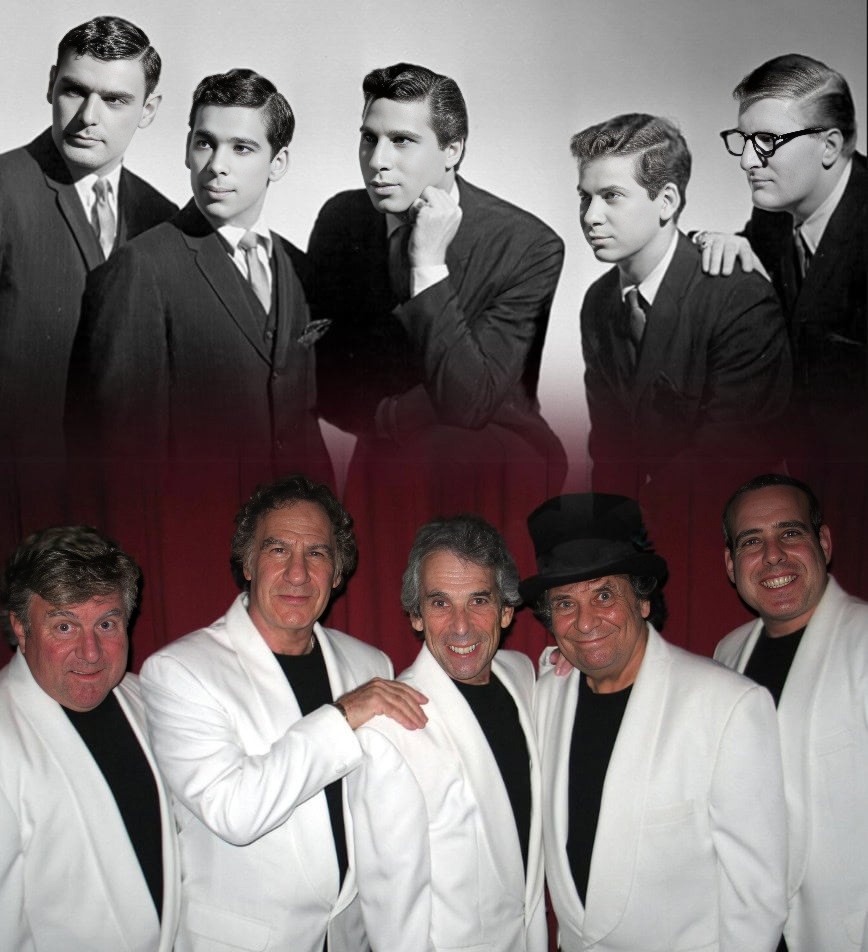
“The Lion Sleeps Tonight,” a song instantly recognizable by its soaring falsetto “wimoweh” chant, is a global phenomenon cemented in popular culture. While countless versions exist, the definitive rendition is arguably the 1961 recording by The Tokens, an American doo-wop group from Brooklyn, New York. Originally comprised of Neil Sedaka (who later found solo fame), Hank Medress, Eddie Rabkin, and Cynthia Zolotin, the group underwent several lineup changes, with Jay Siegel, Mitch Margo, and Philip Margo solidifying the lineup that recorded their biggest hit.
The song’s roots trace back to a 1939 Zulu folk song called “Mbube,” written and recorded by Solomon Linda. Pete Seeger adapted it as “Wimoweh” in the 1950s, and finally, The Tokens, with lyricist George David Weiss, added English lyrics and the iconic arrangement that catapulted it to international stardom.
“The Lion Sleeps Tonight” topped the Billboard Hot 100 chart in December 1961, holding the number one spot for three weeks. It became a global hit, reaching high positions in charts across Europe and beyond. While not winning any major awards at the time, its enduring popularity has led to numerous accolades over the decades, including induction into the Grammy Hall of Fame.
The song’s meaning, though seemingly simple, has been subject to interpretation. The English lyrics paint a picture of a peaceful jungle scene where “the lion sleeps tonight,” suggesting a sense of tranquility and safety. However, some believe it carries a deeper subtext, potentially referencing the colonial suppression of African culture.
The audience response to The Tokens’ version was, and continues to be, overwhelmingly positive. The catchy melody, powerful vocals, and unique arrangement created a timeless appeal. It’s a staple of oldies radio, frequently featured in films and television, and remains a crowd-pleaser that transcends generations.